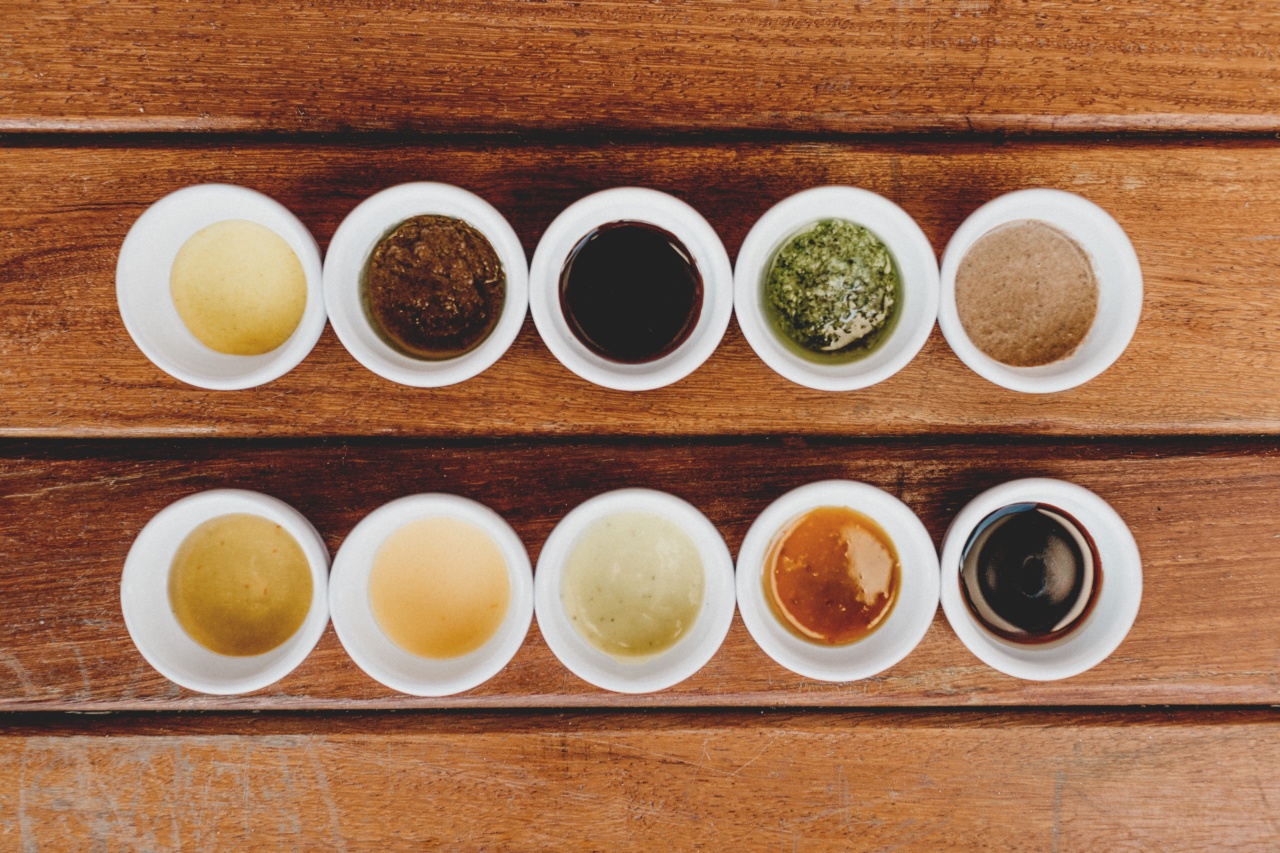Irritable Bowel Syndrome (IBS) is a functional digestive disorder where the patient experiences symptoms such as stomach cramps, diarrhea, constipation, bloating, and abdominal pain.
These symptoms can affect the quality of life, making it essential to manage them effectively. One way of mitigating IBS symptoms is by making appropriate changes in the diet. Here are some food choices that IBS patients can consider.
Low-FODMAP foods:
Fermentable Oligosaccharides, Disaccharides, Monosaccharides, And Polyols (FODMAPS) are certain carbohydrates that are not easily absorbed in the small intestine, causing digestive issues.
Foods containing high FODMAPs may be challenging for IBS patients. Low FODMAP foods that can be included in an IBS patient’s diet are:.
- Fruits: Blueberries, strawberries, kiwi, oranges, grapes, and bananas.
- Vegetables: Carrots, spinach, cucumbers, lettuce, eggplant, green beans, and tomato.
- Proteins: Beef, chicken, fish, eggs, tofu, and tempeh.
- Nuts and seeds: Almonds, peanuts, and macadamia nuts.
Fiber-rich foods:
Fiber is essential for gut health, but for IBS patients, eating high fiber can exacerbate symptoms. IBS patients should consider eating small amounts of fiber regularly and drinking plenty of water. Some fiber-rich food choices for IBS patients are:.
- Fruits: Apples, oranges, berries, prunes, and figs.
- Vegetables: Broccoli, sweet potato, carrots, spinach, kale, and Brussels sprouts.
- Grains: Oats, brown rice, and quinoa.
- Nuts and seeds: Chia seeds, pumpkin seeds, and almonds.
Gluten-free foods:
Gluten is a protein found in wheat, rye, and barley. Many IBS patients find gluten-containing foods to exacerbate their symptoms. In such cases, gluten-free food can be a great choice. Some gluten-free food options for IBS patients are:.
- Grains: Quinoa, corn, rice, and oats.
- Bread alternatives: Gluten-free bread, rice cakes, and potato bread.
- Proteins: Chicken, lamb, pork, and beef.
- Vegetables and fruits: All fresh fruits and vegetables.
Low-fat foods:
Some IBS patients find high-fat foods to exacerbate their symptoms. These individuals should consume low-fat foods. Some low-fat options for IBS patients are:.
- Poultry: Chicken, turkey, and quail.
- Plant-based proteins: Tofu, tempeh, and legumes.
- Fruits: Bananas, blueberries, and grapes.
- Vegetables: Carrots, cucumbers, and spinach.
Probiotic-rich foods:
Probiotics are bacteria present in some foods that promote gut health by balancing the gut microbiome. Eating probiotic-rich foods can be beneficial for IBS patients by improving digestion. Some probiotic-rich foods are:.
- Yogurt
- Kimchi
- Sauerkraut
- Miso soup
- Tempeh
- Kombucha
Hydrating foods:
Drinking enough water is essential for good digestion. Hydrating food can also improve gut health. Some hydrating foods for IBS patients are:.
- Watermelon
- Oranges
- Cucumbers
- Zucchini
- Tomatoes
- Celery
Avoid certain foods:
IBS patients should avoid food that exacerbates their symptoms. Some foods that can trigger IBS symptoms are:.
- Alcohol
- Caffeine
- Carbonated drinks
- Fried foods
- Spicy foods
- Dairy products
- Sugar-free products that contain sorbitol and xylitol
Conclusion:
Proper dietary decisions can significantly improve IBS patients’ quality of life by mitigating symptoms. IBS patients should consider eating low FODMAP, fiber-rich, gluten-free, low-fat, probiotic-rich, and hydrating food.
They should also avoid certain trigger foods like caffeine, alcohol, fried foods, and sugar-free products that contain sorbitol and xylitol.






























